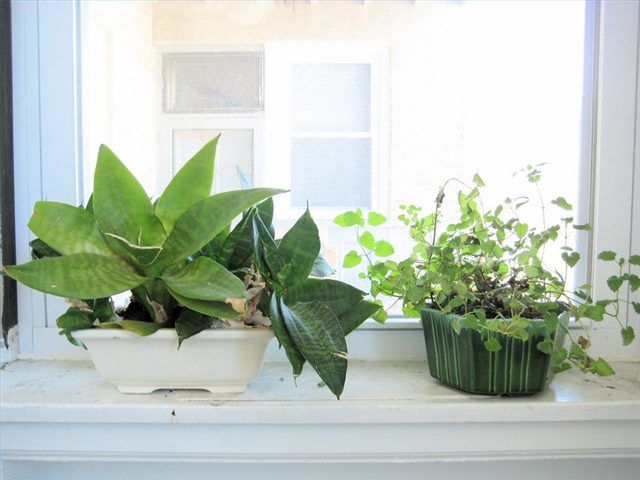Bulbs
Flower Basics
Flower Beds & Specialty Gardens
Flower Garden
Garden Furniture
Garden Gnomes
Garden Seeds
Garden Sheds
Garden Statues
Garden Tools & Supplies
Gardening Basics
Green & Organic
Groundcovers & Vines
Growing Annuals
Growing Basil
Growing Beans
Growing Berries
Growing Blueberries
Growing Cactus
Growing Corn
Growing Cotton
Growing Edibles
Growing Flowers
Growing Garlic
Growing Grapes
Growing Grass
Growing Herbs
Growing Jasmine
Growing Mint
Growing Mushrooms
Orchids
Growing Peanuts
Growing Perennials
Growing Plants
Growing Rosemary
Growing Roses
Growing Strawberries
Growing Sunflowers
Growing Thyme
Growing Tomatoes
Growing Tulips
Growing Vegetables
Herb Basics
Herb Garden
Indoor Growing
Landscaping Basics
Landscaping Patios
Landscaping Plants
Landscaping Shrubs
Landscaping Trees
Landscaping Walks & Pathways
Lawn Basics
Lawn Maintenance
Lawn Mowers
Lawn Ornaments
Lawn Planting
Lawn Tools
Outdoor Growing
Overall Landscape Planning
Pests, Weeds & Problems
Plant Basics
Rock Garden
Rose Garden
Shrubs
Soil
Specialty Gardens
Trees
Vegetable Garden
Yard Maintenance
Bottled Water Vs. Tap Water for Plants
Bottled Water Vs. Tap Water for Plants. Bottled water, definitely a more expensive choice than tap water for your houseplants, might improve the condition of some of your ornamentals. Recommendations go both ways about distilled water, one of the bottled types, primarily because some of the chemicals removed may actually benefit your plants. Know...

Bottled water, definitely a more expensive choice than tap water for your houseplants, might improve the condition of some of your ornamentals. Recommendations go both ways about distilled water, one of the bottled types, primarily because some of the chemicals removed may actually benefit your plants. Know about the moisture and light requirements for success with your container gardening. Choose your soil mix specifically for the type of plant going in the container. Orchids, cacti and Boston ferns have different soil, light and watering requirements. Whether bottled water or tap, water only when needed and be sure your containers have drainage holes.
Considerations
Use bottled water for your houseplants if you are concerned the chemicals in your drinking water may not be good for them. Public water supply goes through processes that vary somewhat because it comes from different sources. The amount of chlorine and fluoride in tap water treated by municipal agencies is not enough to harm your plants, according to the University of California. There is not a consensus on this fact among the experts, however. Perhaps this is because of the differences in water, whether bottled or tap variety.
Experts
Ask your local agricultural agent or a local Master Gardener for help in determining whether your tap water is safe for the irrigation of your houseplants. Master Gardeners, volunteers trained by your local Cooperative Extension System office, are familiar with gardening in your area. Find the phone number under county government for Cooperative Extension for your local office. If your local garden center grows its own plants on site, it may have advice about the need for bottled water with your particular indoor gardening situation.
Risks
Water from softeners often contains sodium (salt) in amounts harmful to houseplants. Use your outside faucets to fill your watering cans unless they too connect to your softening system. Swimming pool water represents another threat to ornamentals because of the chlorine content. Even splashes from the pool can harm some sensitive leaves. Use room-temperature tap water for your indoor gardening needs. Let it sit for a day or two in your watering cans before using on your plants. This will not remove the fluoride, according to the Cooperative Extension System. Consider using bottled water if your leaf tips are turning yellow or brown or are dying even with these precautions.
Regulations
The Food and Drug Administration (FDA) regulates bottled water in the United States. The Environmental Protection Agency (EPA) regulates tap water, considered the public's drinking water supply. Both maintain responsibility for the safety of bottled water. The water's source, bottling processes, storage and transportation come under the scrutiny of one (and in some instances both) of these agencies. These rules and regulations, whether from the FDA or the EPA, are in place to protect the public from consuming unsafe water. Some of these directives may also make bottled water a better choice for houseplants or ornamentals. Remember however, not all bottled water is the same, and some does come from public water supplies, so read the labels.
Options
Rainwater is an option for watering nonedible plants. Systems that connect with your gutters can store this water for you. Be alert for mosquito development and algae formation. Well water is also an option, but have it checked to be certain it is not too alkaline. A filter, either on your kitchen tap or in a pitcher, might make your faucet water more acceptable to your houseplants. Other options you may try are used cooking water (might have nutrients from food) or water removed from an aquarium. Bottled water sometimes is a better option for your houseplants; tap water or water from other sources may work just as well for your container gardening. Ask questions and experiment to find the best choice for you.